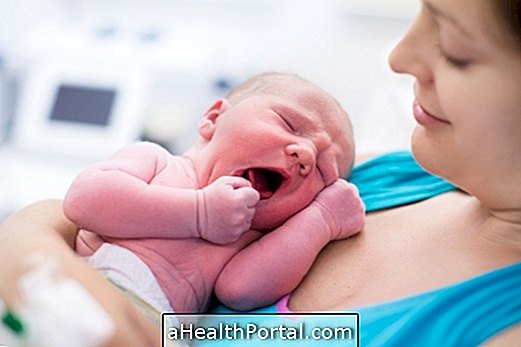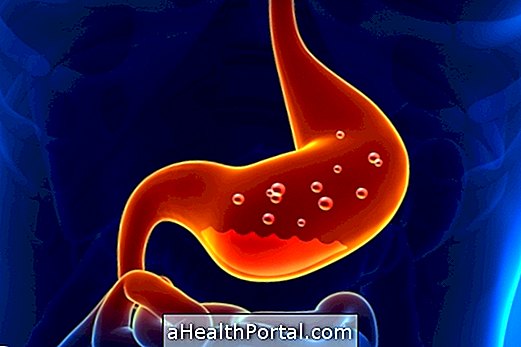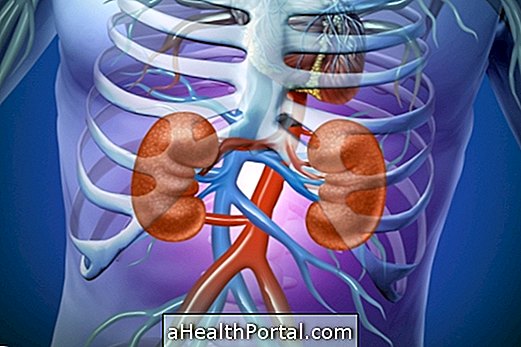Treatment for stomach cancer can be done with surgery, chemotherapy, radiotherapy and immunotherapy, depending on the type of cancer and the person's general health.
Stomach cancer, in the early stages, has few symptoms, making its diagnosis difficult. Some symptoms of stomach cancer are heartburn, indigestion, a feeling of fullness and vomiting. Learn how to identify the signs and symptoms of stomach cancer and what the diagnosis consists of.

1. Surgery
Stomach cancer surgery is the most common treatment with the best results in the treatment of this type of cancer. Surgery can be used to remove just the cancer, a part of the stomach, or the entire stomach, as well as the lymph nodes in the region, depending on the stage of the disease.
Some surgical procedures that can be performed are:
- Endoscopic resection of the mucosa: performed in the early stages of the disease, in which the cancer is removed through endoscopy;
- Subtotal gastrectomy: consists of removing only one part of the stomach, keeping the other part healthy;
- Total gastrectomy: consists of the removal of the entire stomach and is indicated for when the cancer has already reached the entire organ or is located in the upper part.
When the entire stomach is removed, some lymph nodes around the stomach are also removed to be analyzed in order to see if they contain tumor cells, which would mean that the cancer may have spread.
In addition, in the case of other organs that are around the stomach, such as the pancreas or spleen, they are invaded by tumor cells and if the doctor understands, these organs can also be removed.
Some side effects of stomach cancer surgery can be heartburn, stomach pain and vitamin deficiency. It is important that patients take vitamin supplements and follow a controlled diet, with smaller meals to avoid these complications.
2. Chemotherapy
Stomach cancer chemotherapy uses drugs to kill cancer cells, which can be taken orally or by injection into the veins. There are several drugs used to treat this cancer and they are often used in combination to get better results.
Chemotherapy can be done before surgery, to help reduce the size of the tumor, and after surgery, to eliminate cancer cells that may not have been removed.
Some side effects that may occur during treatment with chemotherapy are:
- Nausea and vomiting;
- Loss of appetite;
- Hair loss;
- Diarrhea;
- Inflammation in the mouth;
- Anemia.
Because it has action throughout the body, chemotherapy makes the immune system more fragile which increases the risk of the patient having infections. Generally, the side effects disappear within a few days after treatment.
3. Radiotherapy
Radiation therapy for stomach cancer uses radiation to destroy, reduce or control the development of cancer. Radiation therapy can be performed after surgery, to destroy very small cells that have not been reduced in surgery, or in conjunction with chemotherapy, to prevent cancer from reoccurring.
Side effects that can be caused by radiation therapy can be:
- Burns on the skin, in the region affected by the treatment;
- Nausea and vomiting;
- Diarrhea;
- Body ache;
- Anemia.
The side effects of radiation therapy are most intense when it is done together with chemotherapy.
4. Immunotherapy
Immunotherapy for stomach cancer consists of the use of drugs that stimulate the patient's immunity to attack cancer cells present in the body. Immunotherapy can be done in conjunction with chemotherapy and helps to better control the growth and development of cancer.
Some side effects that may occur during treatment are fever, weakness, chills, nausea, vomiting, coughing and diarrhea. Learn more about immunotherapy, what types and when it is indicated.
Was this information helpful?
Yes No
Your opinion is important! Write here how we can improve our text:
Any questions? Click here to be answered.
Email in which you want to receive a reply:
Check the confirmation email we sent you.
Your name:
Reason for visit:
--- Choose your reason --- DiseaseLive betterHelp another personGain knowledge
Are you a health professional?
NoMedicalPharmaceuticalsNurseNutritionistBiomedicalPhysiotherapistBeauticianOther
Bibliography
- GUIDELINES FOR ESMO'S CLINICAL PRACTICE. STOMACH CANCER: A GUIDE FOR THE PATIENT. Available in: . Accessed on 21 Aug 2019
- MAYO CLINIC. Stomach cancer. Available in: . Accessed on 21 Aug 2019


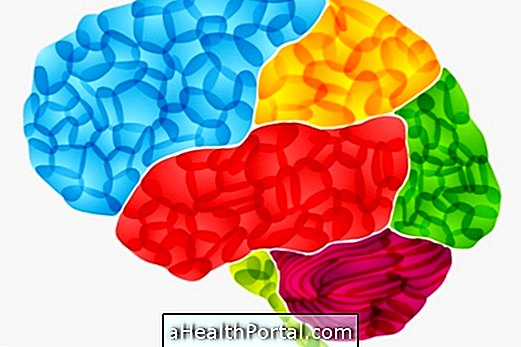

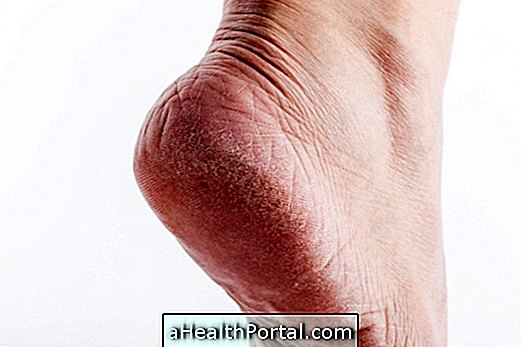



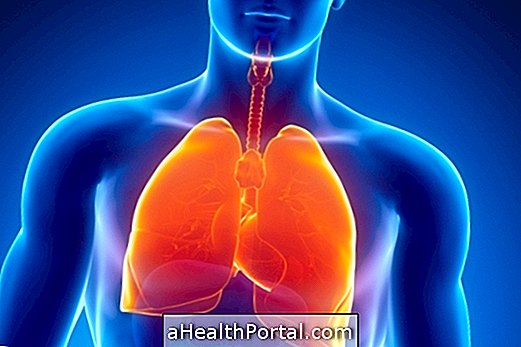
.jpg)




